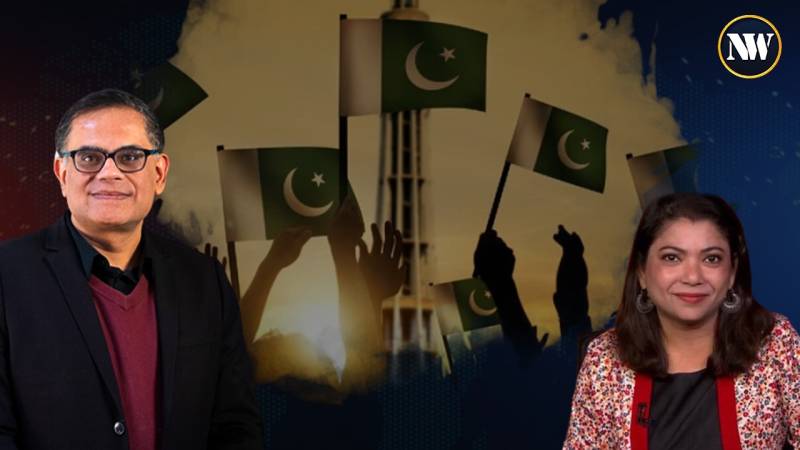Few figures have captured the attention and fervor of the masses quite like Imran Khan. His rise from a cricket superstar to a political leader has been nothing short of remarkable, marked by a rollercoaster of events, accusations, and shifting alliances. From his leaning towards populism to his accusations against the United States, Imran Khan's odyssey has left an indelible mark on Pakistan's political landscape, raising questions about the country's democratic processes, foreign relations, and the role of its powerful military establishment.
Imran Khan's foray into politics began with lofty ideals and a promise of change. He positioned himself as an anti-establishment figure, railing against corruption, inequality, and the status quo. His charisma and reputation as a national hero garnered him a dedicated following, especially among the youth and the urban middle class. This grassroots support propelled him to power in 2018, as his Pakistan Tehreek-e-Insaf (PTI) party secured a majority in the general elections, marking a turning point in Pakistan's political history.
In his speeches, Khan pointed to a leaked record of a meeting between the Pakistani ambassador and a mid-level official of the U.S. State Department in Washington. According to him, this conversation revealed America's dissatisfaction with Pakistan's stance on Ukraine. These allegations added to the intrigue of his narrative, positioning him as a victim of international conspiracies. This narrative played into his populist appeal, as he portrayed himself as a nationalist leader standing up to global powers.
However, as time passed, Khan's accusations underwent a transformation. While his initial claims placed blame squarely on the United States, he later shifted his focus to General Bajwa, Pakistan's Army Chief. He alleged that Bajwa conspired with the Americans to orchestrate his removal from power. This change in narrative highlighted the complex and often opaque relationships between Pakistan's political leadership and its military establishment.
As the political climate intensified, Imran Khan's party took a remarkable turn by seeking U.S. intervention and sanctions against Pakistan. This move was unprecedented, as mainstream political parties typically refrain from demanding sanctions against their own country. Khan's party argued that these measures were necessary to address alleged human rights violations and democracy-related issues. However, this stance raised eyebrows and fueled further tensions between the party and the military establishment.
The impact of these shifting accusations and demands on Pakistan's foreign relations cannot be underestimated. While Khan's party garnered some support for its stance, concerns arose about the implications of strained ties with the United States. The accusations of violating official secrets and corruption charges in Toshakhana led to Khan's arrest, intensifying the already contentious political environment. These developments have cast a shadow over Pakistan's position on the global stage and raised questions about the role of its military establishment in shaping its foreign policy.
The ongoing political odyssey of Imran Khan has significant implications for Pakistan's electoral landscape. The question of whether future elections will be fair and transparent looms large. Khan's supporters face challenges in protesting, as fears of reprisals from the military establishment linger. The political climate has become increasingly polarized, with Khan's detention serving to garner more sympathy among his supporters. This polarization adds to the complexity of the electoral process, raising concerns about its integrity.
The appointment of the caretaker government, led by Anwaar ul Haq Kakar, reflects the ongoing influence of Pakistan's military establishment. While the cabinet includes technocrats and professionals, the military is likely to play a significant role in shaping its policies. The active involvement of the Supreme Court also suggests that undue delays in holding elections may not be tolerated, curbing the potential for an extended tenure of the caretaker government.
Imran Khan's political journey from populism to accusations and shifting allegiances has left an indelible mark on Pakistan's political landscape. His ability to capture the imagination of the masses and challenge the status quo has redefined the contours of Pakistani politics. The evolving dynamics between political parties, the military establishment, and the judicial system have implications that extend far beyond Pakistan's borders.

